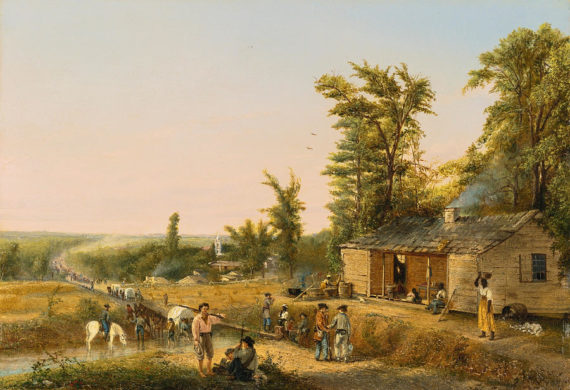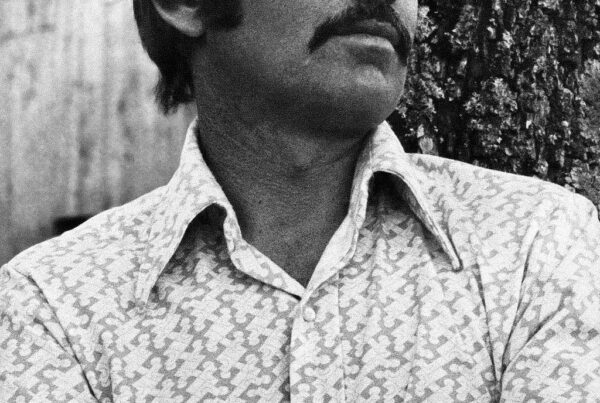When I was very young, I recall my father telling me of George “No-Show” Jones, a country music legend. The moniker, I was told, was given after Jones failed to play a concert in some town in Texas. He was said to be seen riding a motorcycle in the opposite direction of his “postponed” performance, with a very attractive blonde clinging to his back.
The interest in Jones grew over the years, especially after it was discovered that Jones’ voice lent itself to study-periods, where other types of music would become too much of a distraction. But distracted I did indeed become, despite intent, by one of Jones’ songs and the accompanying music video: “Who’s Gonna Fill Their Shoes.” While the question of the song is directed at Jones’ Southern music counterparts like Elvis Presley or Hank Williams, it may be applied to others as well. As the video begins, Jones’ touring bus pulls into a small filling station along some country highway. The station attendant remarks that, since the interstate was put in, they hadn’t had so many visitors. Jones comes out to sign the old man’s guitar and the old man takes him inside to see memorabilia of Conway Twitty, Jerry Lee Lewis, Lefty Frizzell, and other Southern performers. The old man asks Jones to play something, resulting in the title song.
But while those great performers of the past have all passed on, and none near their heights or take their place, we may pose the question as one in reference to the old man: who’s going to fill his shoes?
The trend of the past century has been one of ready and rapid urbanisation and suburbanisation – an emptying of the rural populations. Declining birthrates and regional migration contribute to this. Dependence upon manufacturing , which fills an area with success and just as easily deflates this newfound affluency with departure, causes small mill-towns to court more business or lose their citizens who have been deprived of work. The economics of raising many children in such an environment, while not impossible, is seen by many as too much of a hardship, and the people seek out where monetary success and a good dollar living may be had.
The old man in the filling station is the one we are left pondering – for it is he who is rapidly disappearing from the landscape of the South. Communities are crippled where there is no consistency, with the exception being the consistency of a steady decline. Where will the families be that tend the farms or work the old country filling stations? Who will provide the populations that will carry on the small town traditions across the South? These are difficult questions to answer with no salient solution. My own hometown is losing its population at a steady pace. My father, rather than uproot the family and move us to some city, chose to commute instead. Thankfully, his work allowed this for years, and then, at last, he was able to secure work at home. These were difficult situations in which he bore the burden of extra travel on his own person in attempts to profit his family. I believe he succeeded in gifting us with something wonderful and irreplaceable – a true home.
One is left wondering whom he will imitate – Jones, who sought ease away from burden with a broad on his back, or a father who goes forward, so that his family may stay behind?







